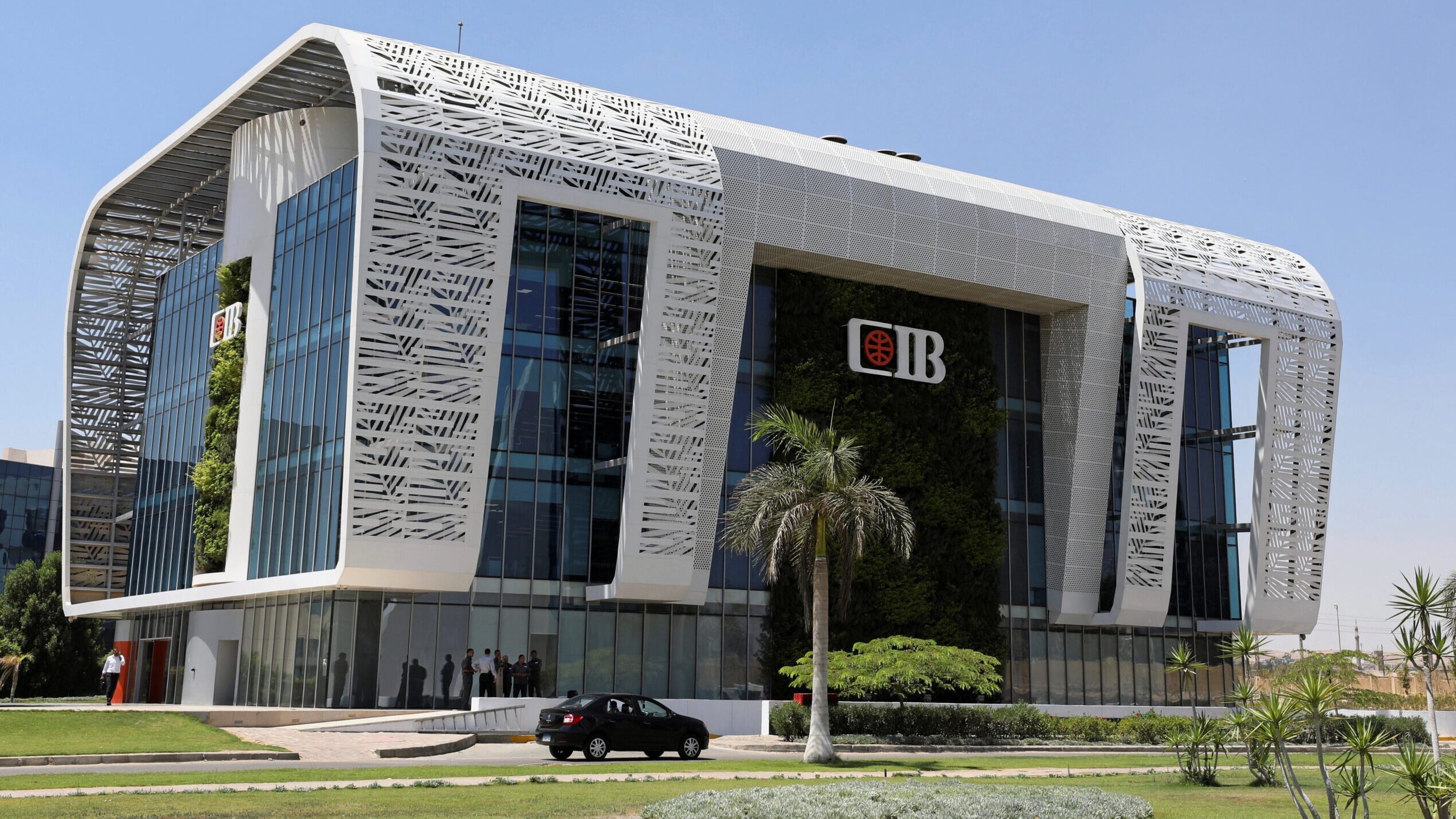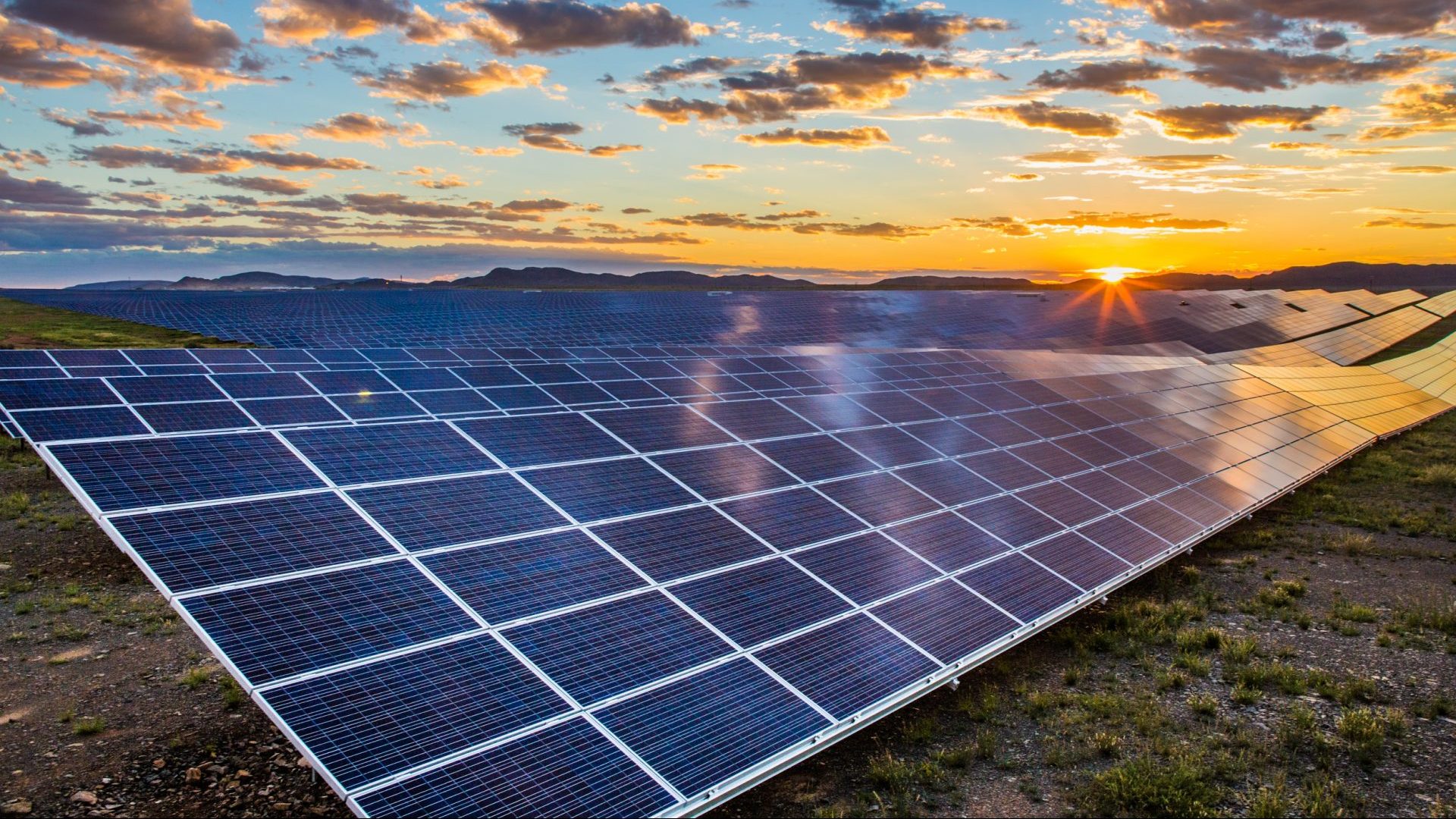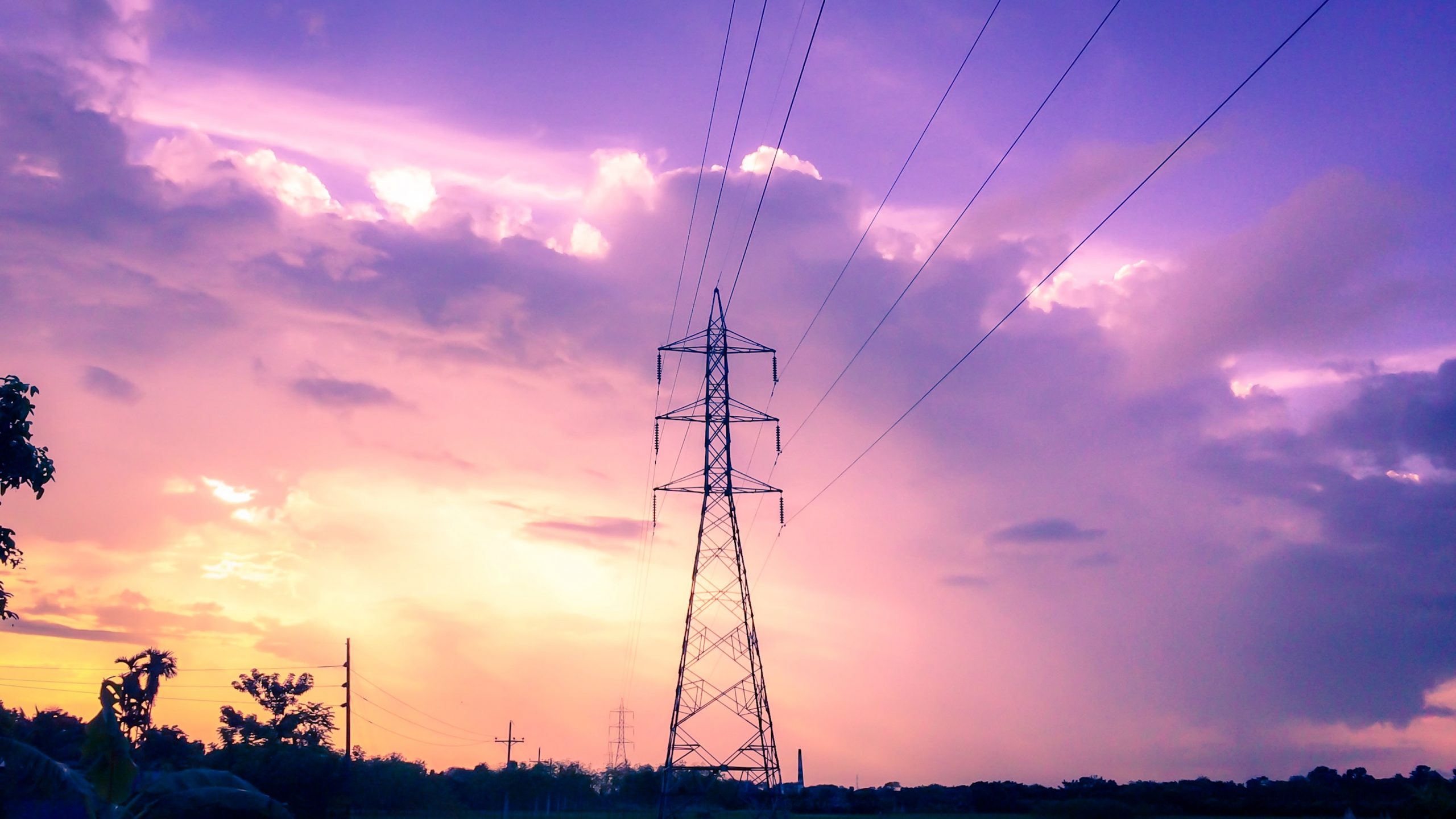Société Ivoirienne de Raffinage (SIR) has finalized a $656 million debt restructuring financed led by Africa Finance Corporation (AFC) as part of the country’s range of economic reforms to continue its growth, estimated at almost 8% in 2018.
Specialized in funding large infrastructure projects across the continent, AFC worked with a pool of investors composed of Deutsche Bank, ICBC Standard Bank, United Bank for Africa, NSIA Banque and Bridge Bank. The success of the operation – aside from supporting a key national company – also shows strong investor interest in project funding in Africa, one of the continent’s major development constraints.
Africa Trade Insurance Agency (ATI) was approached by the pool of investors to provide risk assessment.
“This transaction is yet another example of the importance of both private-public partnerships, as well as African institutions working together with international counterparts, to bring workable solutions that address Africa’s infrastructure gap,” ATI CEO, George Otieno, stated.
He added that new estimates by the African Development Bank places Africa’s infrastructure needs at between $130 and $170 billion a year, with an annual financing gap of between $68 and $108 million.
“If Africa is to meet its economic and social targets under such constraints, the continent and its institutions will have to continue to innovate and work together with international counterparts to bring effective solutions to the table.”
As part of major economic reforms, it has become increasingly important to stabilize SIR’s financial situation to repay historical obligations – including major electricity arrears – and secure loan opportunities for further investments. The refinery is looking to modernize its current installations in order to meet international standards, especially in terms of environmental rules as well as cater to ever-increasing demand in the region.
SIR is a vital national company as it provides refined petroleum products for the country and exports to the region. Initially built with a refining capacity of 700,000 tons per year, its various expansions have allowed the current capacity to reach 3,8 million tons. It is the only refinery in the region to feature a hydrocracker and aims to be a strategic hub, given Abidjan’s geographical location in the Gulf of Guinea.
SOURCE: Africa Oil & Power

Ethiopia has cleared the way for Safaricom to introduce M-Pesa in the market of 110 million people after deciding to include the ...

Egyptian largest private sector bank by assets Commercial International Bank (CIB) is seeking to acquire more banks to strengthen ...

The European Investment Bank and International Solar Alliance have published a study outlining access solutions to overcome key ...

Kenya has been ranked the top country in the world in reducing population with no access to electricity, pointing to the impact ...